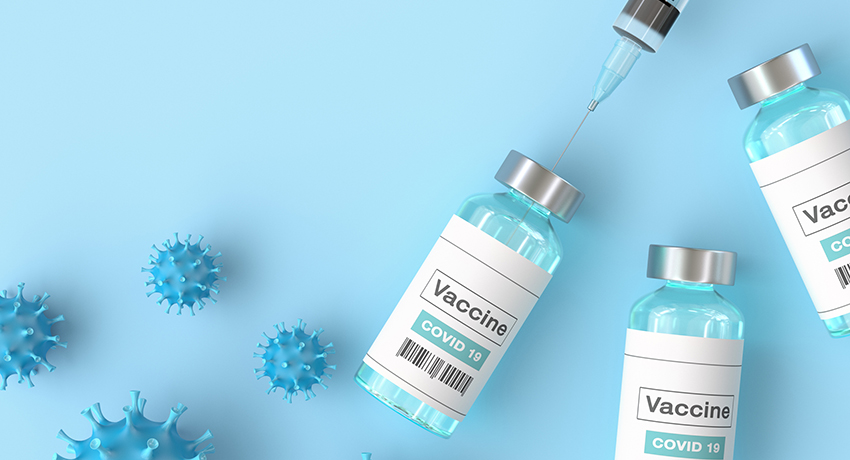Booster shots and additional doses — both terms seem to be used interchangeably; however, they represent two different populations and their needs. Currently, a third dose of vaccine is recommended by the Centers for Disease Control and Prevention (CDC) for those who are immunocompromised and have received the Pfizer or Moderna vaccines. The CDC has not yet recommended booster shots at this time for the general population.
Additional doses
The need for a third dose of the Pfizer and Moderna vaccines for immunocompromised individuals is a result of one important factor — an increased risk of severe illness or hospitalization.

“Studies have shown that some people with a compromised immune system may not achieve an appropriate response to the current vaccine regimen,” explained George Delclos, MD, PhD, professor at UTHealth School of Public Health. “This additional dose will greatly increase their chances of attaining the necessary protection against COVID-19.”
The list of people in this population includes patients with cancer, organ and stem cell transplant recipients who take immune suppressant medication, those with an immunodeficiency condition, individuals with advanced or untreated HIV infection, and anyone in active treatment using high-dose corticosteroids or other medications that suppress an immune response.
This additional dose can be administered as soon as 28 days following the second dose of their vaccine schedule.
The CDC has not yet issued guidance for those who are immunocompromised and have received the one-dose Johnson & Johnson vaccine, though an announcement is expected in the near future.
Booster shots
The term “booster” applies to fully vaccinated individuals who have achieved an appropriate protective response to the vaccine, but over time, it has decreased.
Delclos stresses that regardless of the waning effect, the two-dose schedule is still very effective, even against the Delta variant now widely circulating in the U.S.
“Although booster shot recommendations will be released soon, our current doses are still incredibly good at preventing what matters most, helping to prevent severe illness, hospitalization, and death,” said Delclos, who sees patients at UT Health Services.
Booster shots are common for many childhood vaccines, such as those against measles and chickenpox. They are designed to achieve safe and effective protection. The time between doses varies from months to years. It is not yet determined when individuals will need to receive their booster dose of the COVID-19 vaccine.
Final takeaways
The Delta variant has resulted in a dramatic increase in unvaccinated individuals being hospitalized with severe illness or even death. While there has been evidence of breakthrough infections among the fully vaccinated, these infections typically present as a mild form of the disease that can be handled at home.
“At the end of the day, these additional doses and eventually the booster shots all have the same intention — to protect people,” said Delclos. “If you haven’t yet, please go get vaccinated to help control this and future surges of COVID-19.”
Additionally, Delclos recommends maintaining safety measures: masking indoors, social distancing when possible, and proper hand hygiene.



